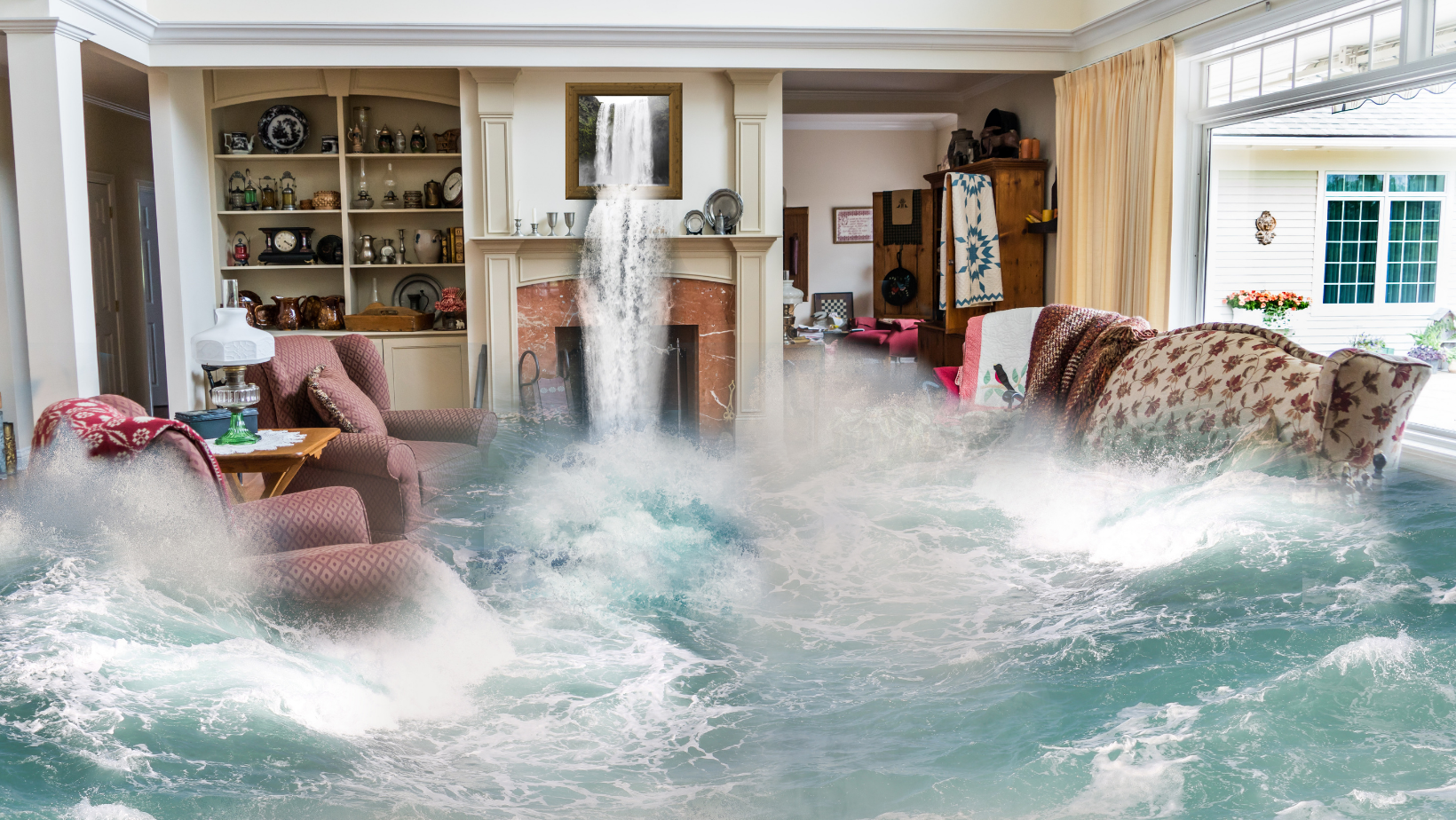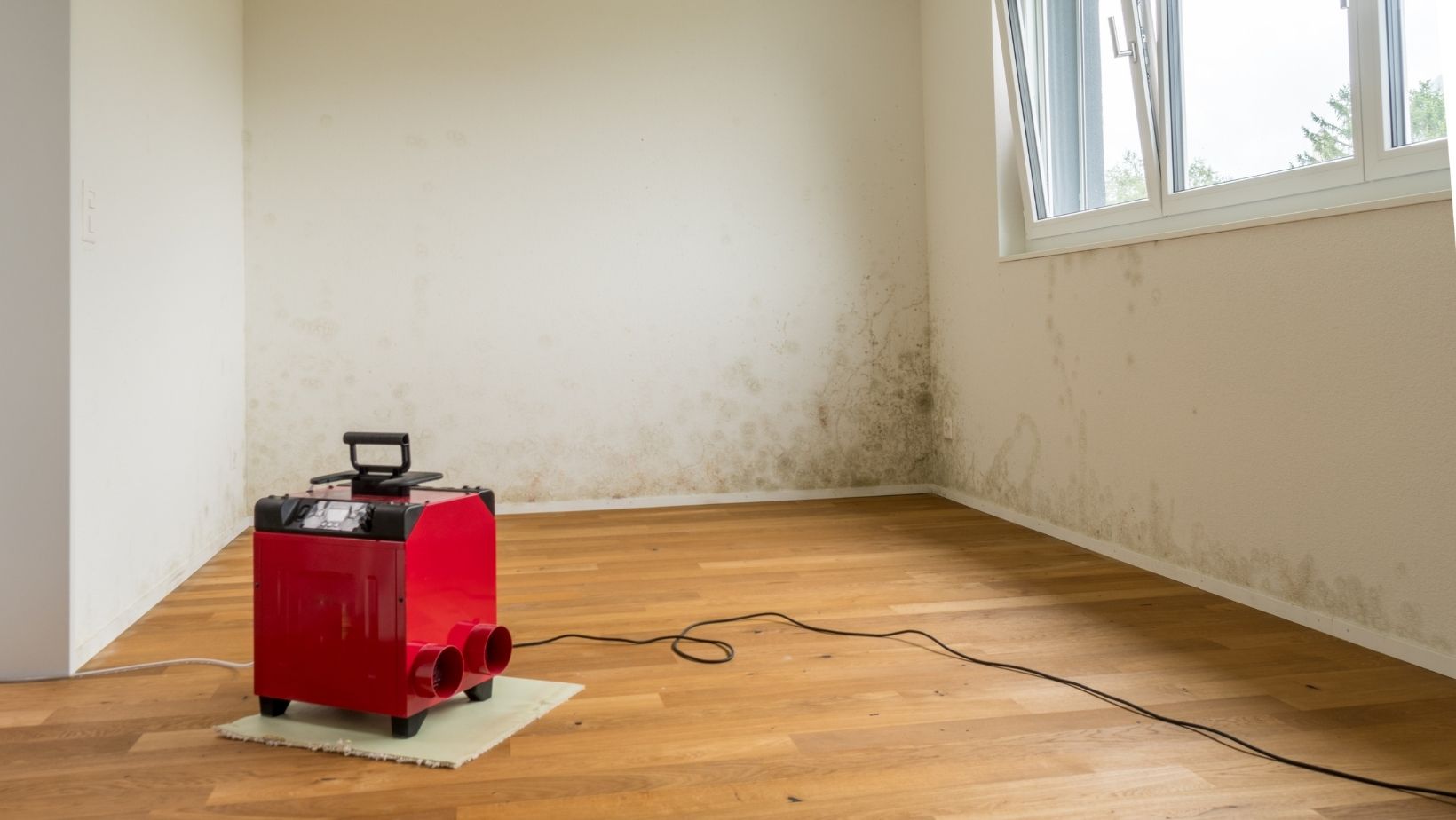
Basement Flooding? Here are 8 MUST-KNOW Steps To Take Now
By: 911 Water Damage Experts
After your house is hit with a heavy storm, it’s natural to feel overwhelmed by the situation.
Indeed damage from a heavy storm is unpredictable, but don’t worry!
Because we have got you covered.
Below we highlight 8 must-know steps that’ll make sure that everything runs smoothly from start-to-end
Basement Flooding Tip #1: Don’t Rush Into A Flooded Basement
When you’re faced with a flood, it can be tempting to try and save as many of your items from destruction.
However, rushing into the water could lead not only to severe injuries but also death!
It’s imperative that you do not step into rooms where water may be in contact with electrical outlets or cords.
The risk for electrocution during these conditions has been shown to increase significantly – so be extra careful.
If you can turn off the circuit breaker without going into the basement, do so.
But if you’re unable to turn off the power, contact an emergency water damage company like ours or your service provider, they’ll know what to do.
Basement Flooding Tip #2: Extract The Water
When the electricity is turned off in your home, it’s important to remove any standing water.
Make sure you clear away all debris from around drains or else they could back up and cause major problems!
The wet vac is a great tool for removing water from your basement.
The machine will usually remove about an inch or two, but you can also rent one if needed!
Make sure to keep electrical cords away because they may touch the surface and short out parts of the device that are underwater.
When the floodwaters are deeper, you may need to rely on submersible pumps and other high-grade equipment for help.
In extreme cases, call a water cleanup services company that can remove this problem from your home or business premises securely.
Finally, when most of the water is removed, use towels to soak up the remaining water.
Basement Flooding Tip #3: Dry The Area
The key to preventing mould and mildew after a flood is drying out your basement.
This can be done with the help of fans or dehumidifiers running constantly.
This will get rid of water from its surface so that pesky fungi breeding grounds are eliminated.
For the best air circulation results and drying out your basement, ensure that your dehumidifiers are six to eight inches away from the wall.
Basement Flooding Tip #4: Organize Your Possessions
Don’t forget to sort your belongings before you begin drying.
It is important that we know what can be saved and dried so it doesn’t get lost forever, or worse yet- tossed out with the trash!
A good way of starting this process would be by carefully inspecting any items which may have gotten wet, whether they are boxes stored above ground level (such as in homes) or toys belonging downstairs–all must now undergo a thorough cleaning regimen.
Your basement is a great place to store all your belongings, but it’s important that you consider the moisture levels.
If there are places where water can linger like bathrooms or kitchen counters then these areas could develop mould and mildew quickly since they don’t air out well enough when left unchecked.
Your best option would be removing any damaged drywall from walls before tearing everything apart so we know exactly how much work needs to be done.
When it comes to washable items like towels and fabrics, run them through a laundry cycle.
However please remember in addition the flooding of your basement (and likely that of neighbors) by heavy rain can overwhelm water treatment plant capacities so wait until after the storm has passed before doing this.
As for saving books that were only minimally damaged by water, consider using cat litter to get rid of musty smells.
Freeze-drying will prevent mould and mildew from growing on damp paper items as well!
Basement Flooding Tip #5: Clean And Disinfect The Area
Cleaning up after a flood is no easy task, but it’s made much easier with the right tools.
For hardwood floors, you’ll need one cup of bleach mixed in order to disinfect and remove any mould or mildew that might have grown on your surface while also making sure there are adequate ventilation facilities present at all times – wearing protective gloves and eyewear will ensure safety!
Basement Flooding Tip #6: Find Out How Water Got In
Guttering can be a great way to prevent flooding in your home.
If you see that there is water coming from outside the house, then it’s likely due for maintenance on one or more parts of its drainage system.
This includes gutter boards/downspouts connections as well as clearing away debris near these areas so they don’t obstruct proper flow when rain occurs.
It’s important to check around your basement windows and window wells for any signs of water damage.
If you notice an area that appears saturated, contact a water damage company as soon as possible!
Basement Flooding Tip #7: Waterproof Your Basement
Consult with water damage experts if you notice any areas where water is coming in through the cracks around your basement windows and window wells.
There are two types of waterproofing they should review: waterproofing from the outside of the structure; waterproofing from the inside of the structure.
Basement Flooding Tip #8: Enjoy Your Dry Basement
You can relax after your waterproofing system is installed.
If you have any questions about basement flooding water damage and restoration feel free to chat with us on our Facebook fan page or call us at 1-833-WE-DRY-IT any time 24/7/365 all the time, we’re there when you need us!
Related Posts:
Why basements flood and what you can do about it when it happens
Top 5 causes of a leaky basement
How to clean sewage backup in the basement
Everything you need to know about basement water damage
My basement is flooding – what do I do and who do I call?
A pipe burst in my business building – what do I do?
What to do when a water pipe bursts in your apartment
Hire the right mould removal company by asking these vital questions
15 interesting facts about mould
What causes mould damage and what you can do about it
Top common signs of water damage: here’s what to look for
Related Services:
Water damage restoration services
Emergency cleanup services
Mould removal services


